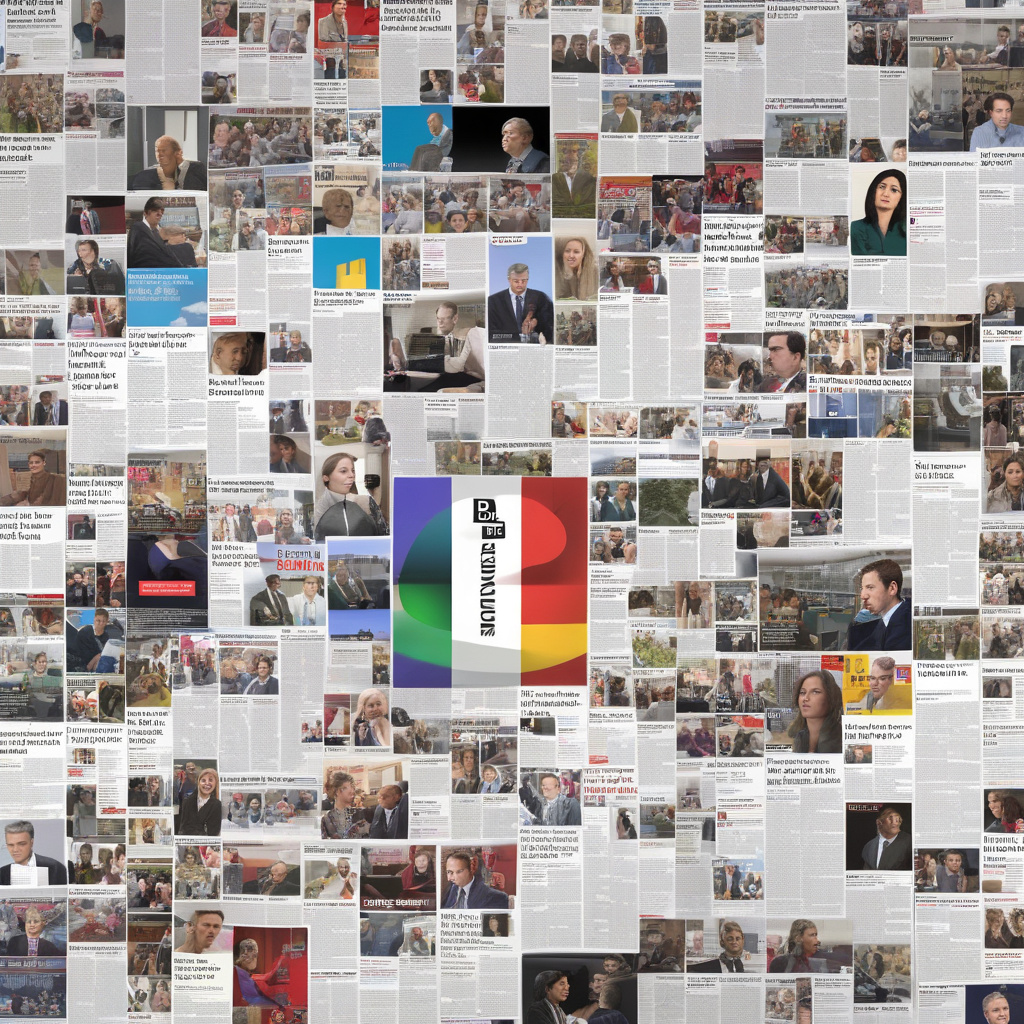In a move that underscores the importance of proper attribution in the digital age, the British Broadcasting Corporation (BBC) has raised concerns about the lack of prominent credit given to news sources by major aggregators such as Apple News and Google News. The BBC recently filed a complaint with the UK’s Competition and Markets Authority, highlighting how these platforms tend to downplay the origin of the stories they feature.
According to a report by Apple Insider, the BBC is urging regulators to enforce stricter guidelines that would ensure news organizations receive more visible recognition for their content on platforms like Apple News and Google News. This push for increased transparency and acknowledgment of original sources aligns with broader efforts within the media industry to uphold journalistic standards and support the sustainability of news outlets.
At the heart of this issue lies the need for a fair and equitable distribution of credit within the digital news ecosystem. While aggregators play a crucial role in delivering a wide range of content to users, there is a growing concern among publishers about the potential erosion of brand recognition and reader loyalty when their contributions are not properly attributed. By advocating for clearer and more prominent accreditation, the BBC is not only seeking recognition for its own reporting but also advocating for the entire news industry.
The BBC’s stance reflects a broader conversation surrounding the balance of power between tech giants and traditional media organizations. As digital platforms continue to shape the way information is consumed and shared, questions of attribution, ownership, and transparency have become increasingly significant. By calling attention to the issue of credit attribution, the BBC is prompting a necessary dialogue on how news content is sourced, curated, and presented in the digital landscape.
In practical terms, enhanced visibility for news sources benefits both publishers and audiences. For news organizations, proper credit serves as a validation of their work and helps maintain their reputation and credibility in an increasingly crowded digital space. On the other hand, readers benefit from knowing the origins of the content they consume, enabling them to make informed decisions about the reliability and trustworthiness of the information presented to them.
The BBC’s efforts to seek more prominent credit in platforms like Apple News and Google News are part of a broader push for greater transparency and accountability in the digital news ecosystem. By highlighting the importance of proper attribution, the BBC is not only advocating for its own interests but also championing a fundamental principle of journalistic integrity. As discussions around media ethics and responsibility continue to evolve, the issue of credit attribution is likely to remain a key point of contention between news organizations and tech platforms.
In conclusion, the BBC’s complaint underscores the critical role that attribution plays in shaping the dynamics of the modern news landscape. By advocating for clearer and more visible credit on platforms like Apple News and Google News, the BBC is championing the principles of transparency, integrity, and recognition within the digital media environment. As the debate around credit attribution continues to unfold, it serves as a reminder of the ongoing tension between traditional journalism values and the evolving digital ecosystem.

